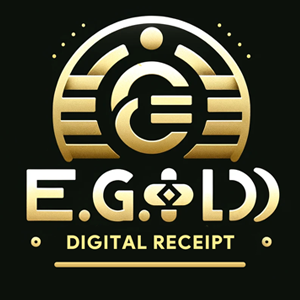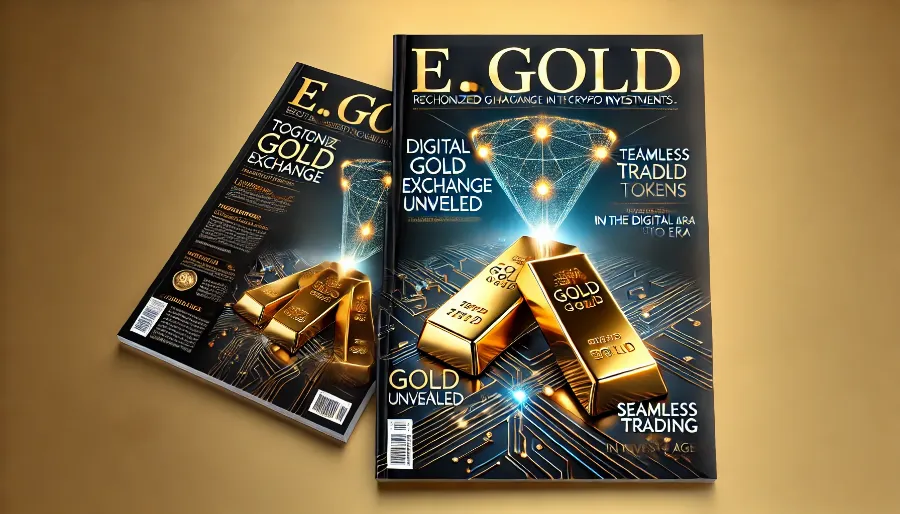
Table of Contents
- Understanding the Concept of Digital Gold Exchanges
- The Evolution of Gold Investments in a Digital World
- What Is Digital Gold and How Does It Work?
- Blockchain’s Role in the Transformation of Digital Gold Trading
- Advantages of Using Digital Gold Exchanges
- Leading Digital Gold Exchange Platforms in 2025
- Digital Gold vs. Cryptocurrencies: Key Comparisons
- Gold Tokenization: Revolutionizing Traditional Investments
- Enhancing Security and Transparency in Digital Gold Exchanges
- Smart Contracts in Digital Gold Transactions: How They Work
- Integrating Digital Gold with Decentralized Finance (DeFi) Solutions
- Regulatory Challenges and Developments in Digital Gold Exchanges
- Environmental Impact and Sustainability of Digital Gold Trading
- Risks and Challenges in Trading Digital Gold
- Frequently Asked Questions About Digital Gold Exchanges
Understanding the Concept of Digital Gold Exchanges
Digital gold exchanges are modern platforms that allow users to buy, sell, and trade gold in a digitized format. These platforms use blockchain technology to tokenize gold, enabling seamless transactions and transparent ownership records, making gold investment more accessible in the crypto era.
The Evolution of Gold Investments in a Digital World
Gold has transitioned from a physical commodity to a digital asset, evolving with advancements in technology. Digital gold platforms cater to tech-savvy investors who seek the stability of gold combined with the convenience of modern trading tools.
What Is Digital Gold and How Does It Work?
Digital gold is a tokenized representation of physical gold stored securely in vaults. Each unit of digital gold corresponds to a specific weight or value of gold, allowing investors to own and trade gold without handling the physical asset.
Blockchain’s Role in the Transformation of Digital Gold Trading
Blockchain technology underpins digital gold exchanges by ensuring:
- Transparency: All transactions are recorded on an immutable ledger.
- Security: Blockchain protects against fraud and unauthorized transactions.
- Efficiency: Enables fast and cost-effective trading globally.
Advantages of Using Digital Gold Exchanges
- Accessibility: Investors can trade gold globally without geographical restrictions.
- Liquidity: Digital gold is easily tradable, providing instant access to cash or crypto equivalents.
- Fractional Ownership: Allows small investors to purchase fractional amounts of gold.
- Security: Blockchain technology ensures tamper-proof records.
- Convenience: Eliminates the need for physical storage and transportation.
Leading Digital Gold Exchange Platforms in 2025
- Vaultoro: Facilitates trading between gold and Bitcoin with secure storage options.
- BitPanda Metals: Offers digital gold and silver trading with full ownership rights.
- Kinesis Money: Combines tokenized gold with a blockchain-based monetary system.
- PAX Gold (PAXG): A leading tokenized gold solution backed by physical reserves.
Comparing Digital Gold with Cryptocurrencies
| Aspect | Digital Gold | Cryptocurrencies |
|---|---|---|
| Stability | High (linked to gold price) | Volatile |
| Ownership | Backed by physical gold | Purely digital and speculative |
| Utility | Wealth preservation | Payments, DeFi, and investments |
| Regulation | Subject to gold market rules | Evolving and jurisdiction-dependent |
Tokenization of Gold: A Game-Changer
Tokenization allows gold to be converted into digital tokens, making it more liquid and accessible. Each token represents a defined quantity of gold stored securely, providing transparency and reducing barriers for entry.
Security and Transparency in Digital Gold Exchanges
Blockchain technology ensures that every transaction is recorded immutably, providing full traceability and accountability. Custodians of physical gold undergo regular audits to maintain investor trust.
Smart Contracts and Gold Transactions
Smart contracts automate the buying, selling, and transferring of digital gold, reducing transaction costs and ensuring compliance with predefined terms.
Integration with Decentralized Finance (DeFi)
Digital gold tokens are increasingly being used in DeFi platforms, enabling users to:
- Earn yields by staking digital gold tokens.
- Borrow against gold holdings.
- Access liquidity without selling assets.
Regulatory Considerations for Digital Gold Exchanges
Governments are introducing regulations to govern digital gold platforms, focusing on:
- Anti-money laundering (AML) compliance.
- Know-your-customer (KYC) processes.
- Ensuring the security of physical gold reserves.
Environmental Impact and Sustainability
While traditional gold mining has a significant environmental footprint, digital gold exchanges can promote sustainability by reducing the need for physical storage and transport. Blockchain energy use varies by protocol, with newer technologies adopting greener solutions.
Risks and Challenges of Digital Gold Trading
- Custodian Reliability: Ensuring the security of physical gold reserves is crucial.
- Regulatory Uncertainty: Varying regulations across jurisdictions.
- Technology Dependence: Relies on blockchain infrastructure for operations.
- Market Volatility: While gold is stable, tokenized trading may introduce new risks.
FAQs About Digital Gold Exchange
1. What is a digital gold exchange?
A platform where users can trade tokenized gold using blockchain technology for secure and efficient transactions.
2. How is digital gold backed?
Digital gold is backed by physical gold stored in secure vaults, with each token representing a specific weight or value of gold.
3. Can I trade digital gold for cryptocurrencies?
Yes, many platforms allow trading between digital gold and cryptocurrencies like Bitcoin and Ethereum.
4. What are the benefits of digital gold?
Digital gold offers accessibility, liquidity, fractional ownership, and eliminates the need for physical storage.
5. Are digital gold exchanges secure?
Yes, blockchain technology ensures tamper-proof transactions, and custodians provide secure storage and audits for physical gold.
6. Can I redeem physical gold from digital gold tokens?
Most platforms allow redemption, subject to terms and fees, enabling users to exchange tokens for physical gold.
7. What are the transaction fees for digital gold trading?
Fees vary by platform but are generally lower than traditional gold trading costs due to reduced intermediaries.
8. How does digital gold compare to cryptocurrencies?
Digital gold offers stability linked to gold prices, while cryptocurrencies are more volatile and speculative.
9. Can I use digital gold in DeFi platforms?
Yes, digital gold tokens are increasingly integrated into DeFi ecosystems for lending, staking, and liquidity purposes.
10. What is the future of digital gold exchanges?
The future includes greater adoption, regulatory clarity, and enhanced integration with blockchain-based financial systems, making digital gold a key asset in the crypto era.
11. How can I start trading on a digital gold exchange?
To start trading on a digital gold exchange, select a reputable platform, create an account, complete the KYC verification process, and deposit funds. Once registered, you can trade digital gold tokens or pair them with cryptocurrencies like Bitcoin or Ethereum.
12. What is the role of smart contracts in digital gold exchanges?
Smart contracts automate transactions and enforce predefined terms, such as transferring ownership of digital gold upon payment confirmation. They reduce the need for intermediaries and enhance transaction efficiency.
13. Are digital gold exchanges suitable for small investors?
Yes, fractional ownership allows small investors to participate by purchasing small amounts of digital gold. This democratizes access to the gold market, which was traditionally dominated by larger players.
14. What is the difference between digital gold and gold ETFs?
Digital gold is tokenized and often backed by physical gold, allowing fractional ownership and blockchain-based trading. Gold ETFs, on the other hand, are financial instruments traded on stock exchanges and may not directly involve physical gold.
15. Can digital gold exchanges replace traditional gold investments?
While digital gold exchanges provide a modern and convenient alternative, traditional gold investments like physical gold or gold ETFs still hold value for those who prefer tangible assets or established financial instruments.
16. How do environmental considerations affect digital gold exchanges?
Digital gold exchanges reduce the need for physical transport and storage, minimizing their environmental impact. However, the underlying blockchain technology must adopt energy-efficient protocols to further enhance sustainability.
17. What is the future of tokenized gold?
Tokenized gold is expected to see increased adoption as blockchain technology matures. Its integration with decentralized finance (DeFi) and broader use in trading and investment platforms highlight its growing role in the digital economy.
18. Are there any limitations to digital gold exchanges?
Limitations include dependence on blockchain infrastructure, potential regulatory hurdles, and the need for reliable custodians to secure physical gold reserves.
19. How do digital gold exchanges promote financial inclusion?
By allowing fractional ownership and offering global access, digital gold exchanges enable people from all economic backgrounds and regions to participate in gold investments.
20. Can digital gold exchanges coexist with traditional financial systems?
Yes, digital gold exchanges are complementary to traditional systems, offering innovative solutions for modern investors while retaining the reliability and trust associated with gold.
Digital gold exchanges are a powerful blend of traditional wealth preservation and cutting-edge technology. By leveraging blockchain for transparency and efficiency, they provide a unique opportunity for investors to access and trade gold seamlessly in the crypto era. As adoption grows and platforms evolve, digital gold exchanges are set to play a transformative role in the global financial ecosystem.
NOTE
This Content is the copyrighted content of EE.GOLD. All rights are reserved. You are welcome to share or use our content only by including direct links to our website. Any other form of reproduction, distribution, or use without proper attribution is strictly prohibited.
This Content is intended solely for educational purposes. The information provided does not constitute financial or investment advice.
Please note that Digital Storage Receipt, Secure Storage Solutions, and Physical Gold Sales are the only services offered by EE.GOLD.
We strictly adhere to government regulations and are firmly against all illegal financial or investment activities globally.
For further inquiries, feel free to contact us through our official channels.
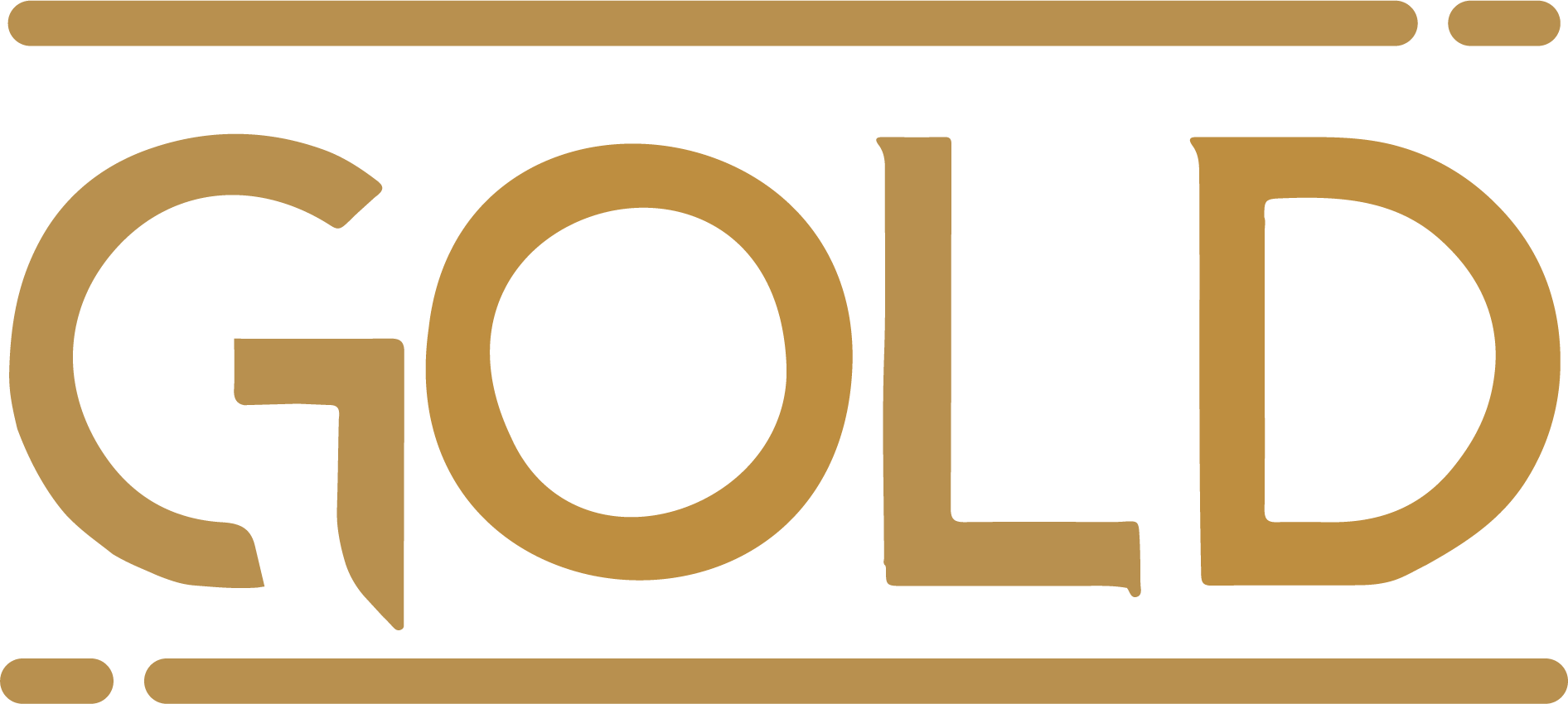
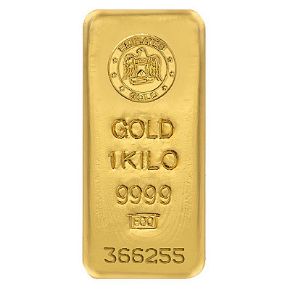
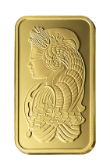


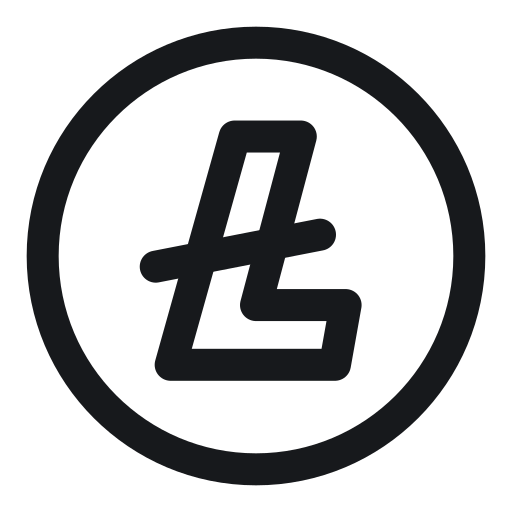

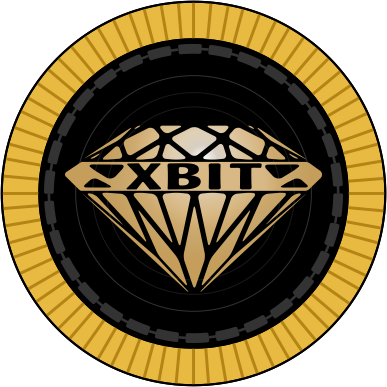
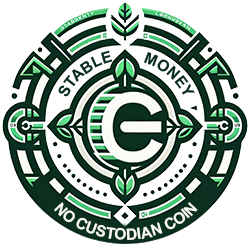

.png)

